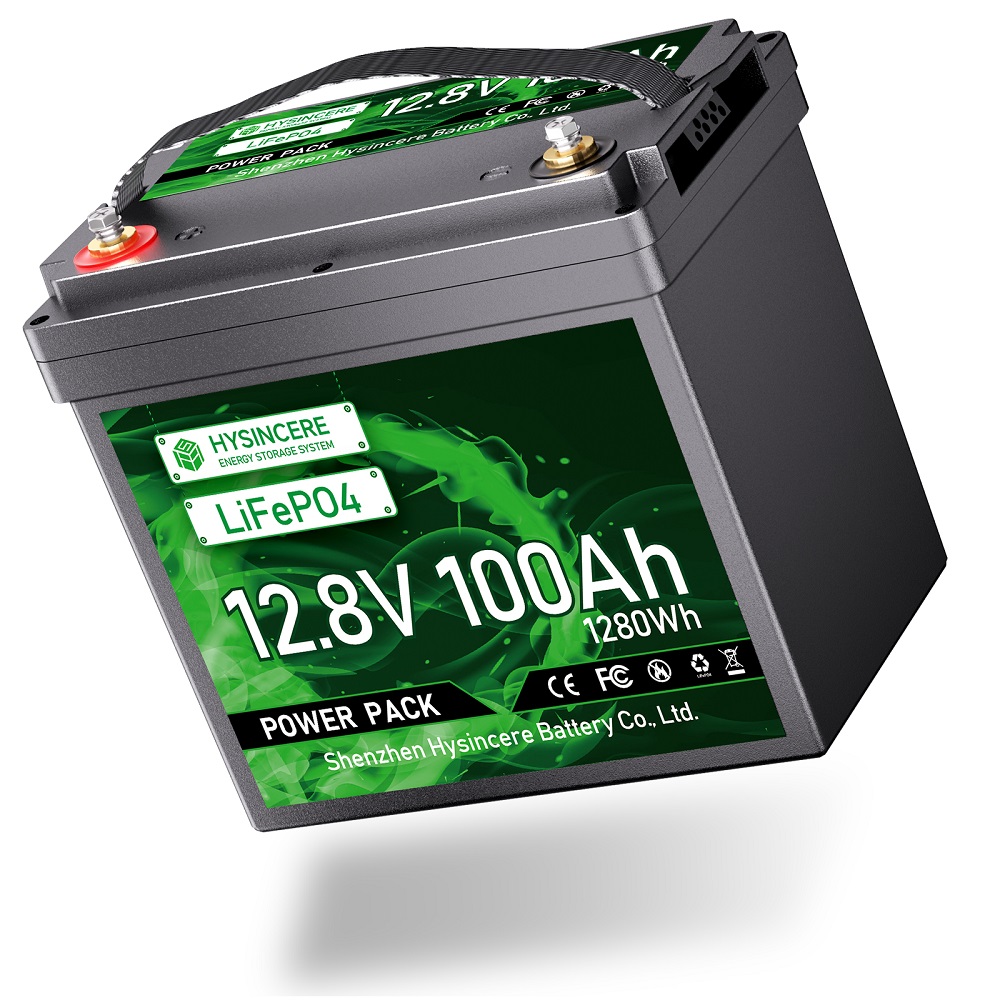
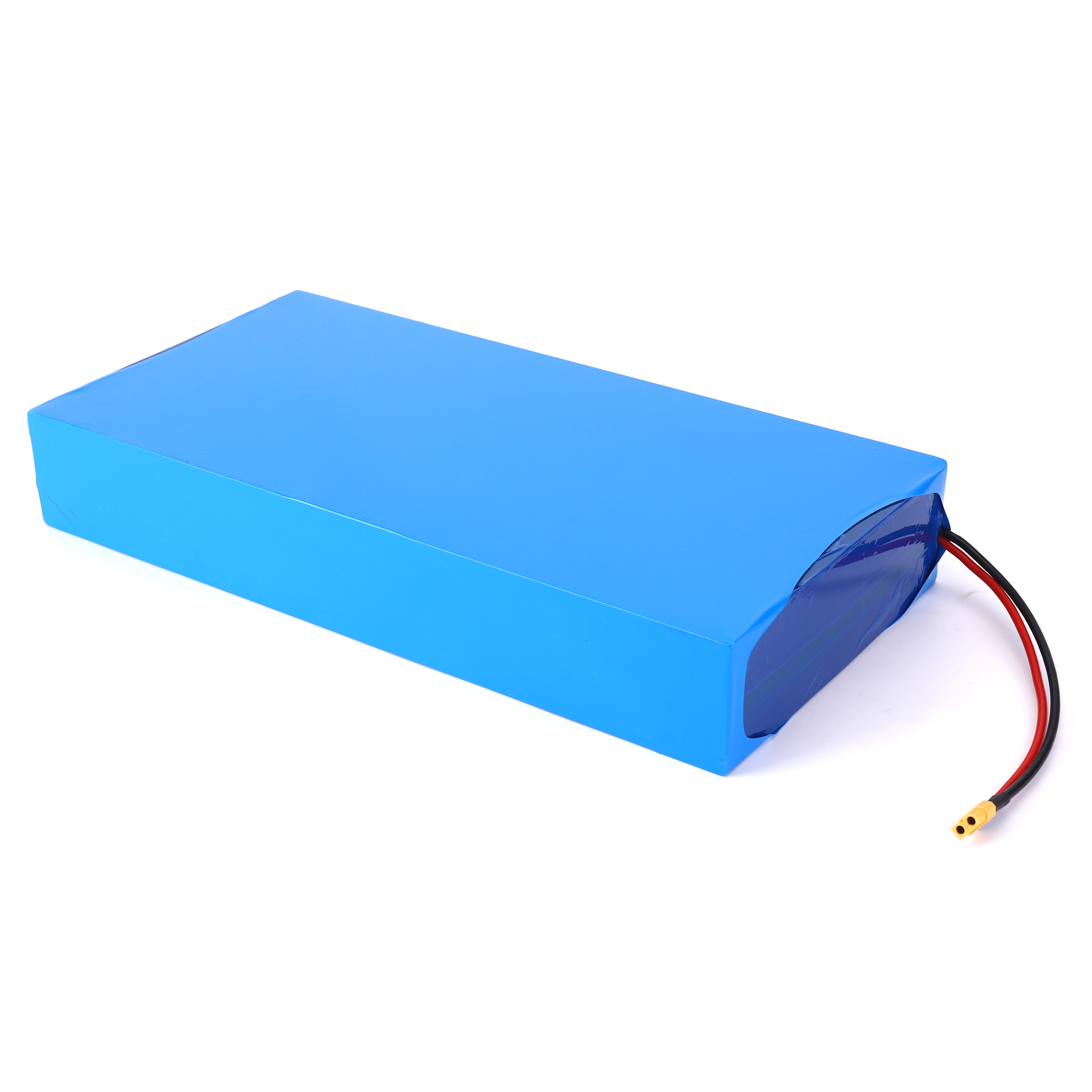
In today's fast-paced industrial and commercial environments, the demand for efficient and reliable power solutions is paramount. The 72V lithium battery series stands as a testament to innovation, offering a range of capacities designed to meet diverse operational needs. This article explores the specific advantages and applications of these high-performance batteries.
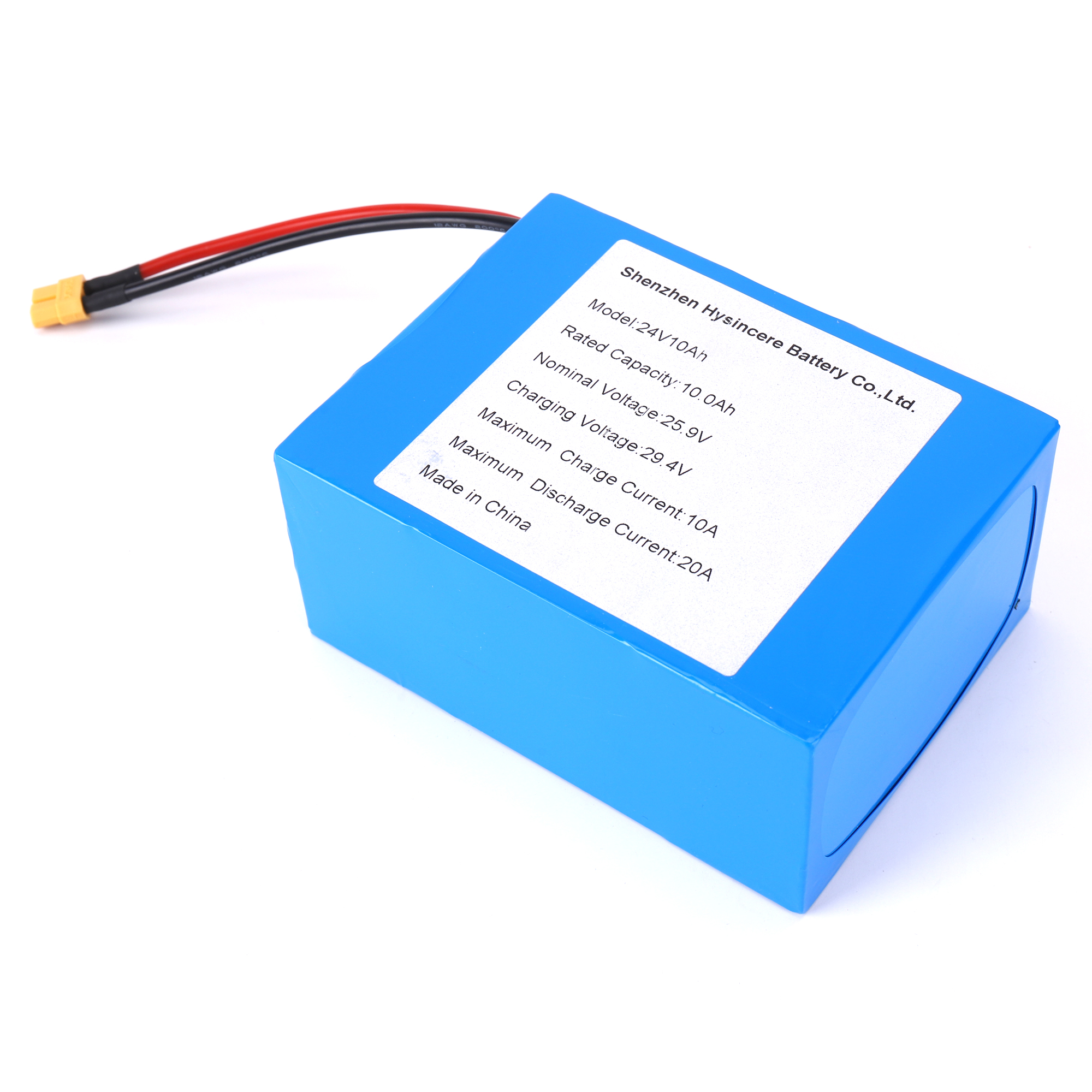
In the pursuit of optimizing power solutions for various applications, the 72 volt lithium battery series emerges as a frontrunner. This article delves into the specifics of these batteries, highlighting their applications, particularly in golf carts, and exploring the advantages of high-capacity options.

In the realm of industrial applications, the demand for reliable and high-performance power solutions is ever-increasing. For corporate entities seeking to optimize their operational efficiency, the 60V lithium battery series stands out as a premier choice. This article will delve into the specific advantages of various capacities within this series, emphasizing their suitability for diverse business needs.
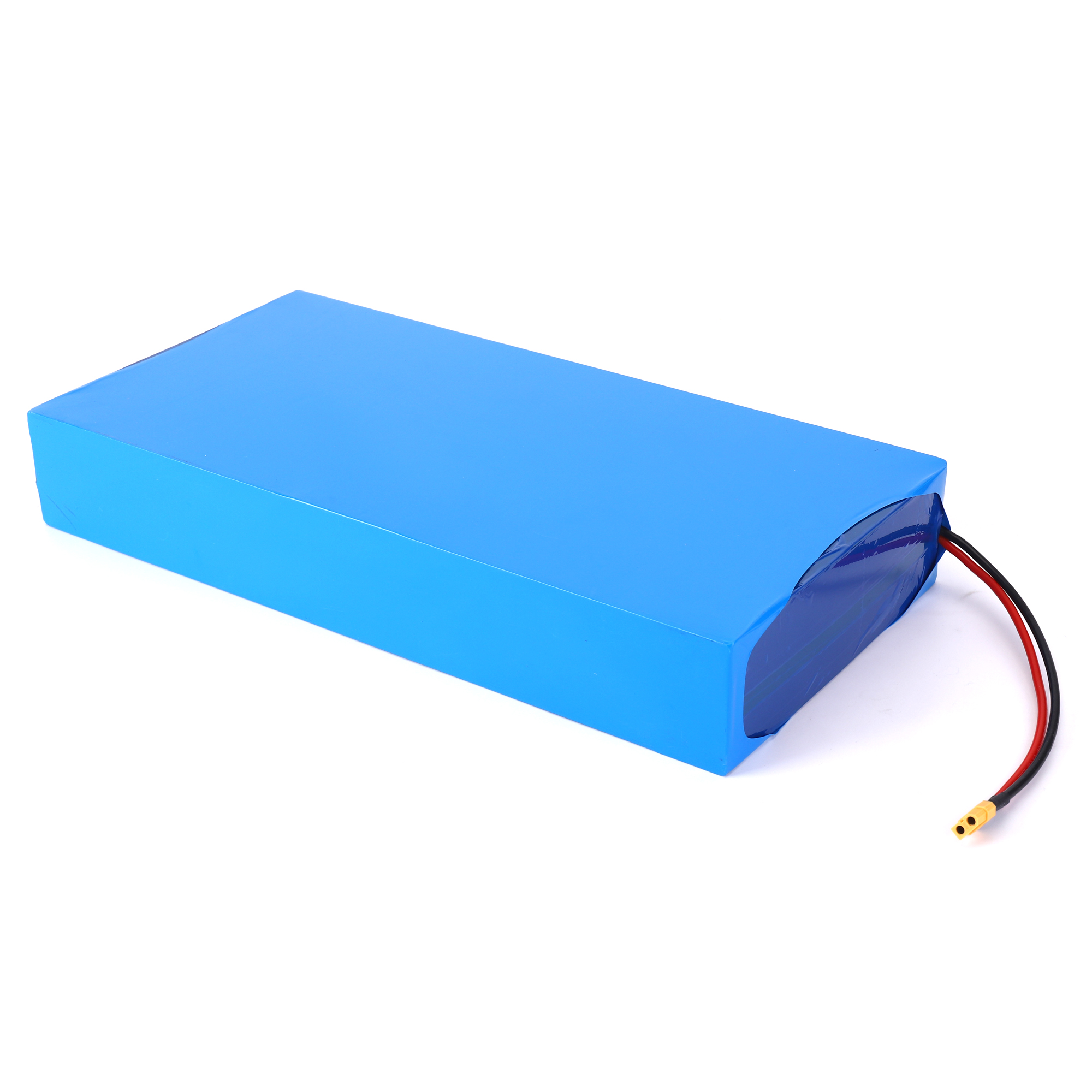
For businesses in the electric mobility and transportation industry, selecting the right 12V battery for scooters is crucial for ensuring performance, efficiency, and longevity. Whether for electric scooters, mobility aids, or industrial transport solutions, a high-quality 12V battery scooter provides the necessary power and reliability. This guide explores different 12V battery options, including the 12V 7Ah battery for scooters, and helps businesses make informed purchasing decisions.
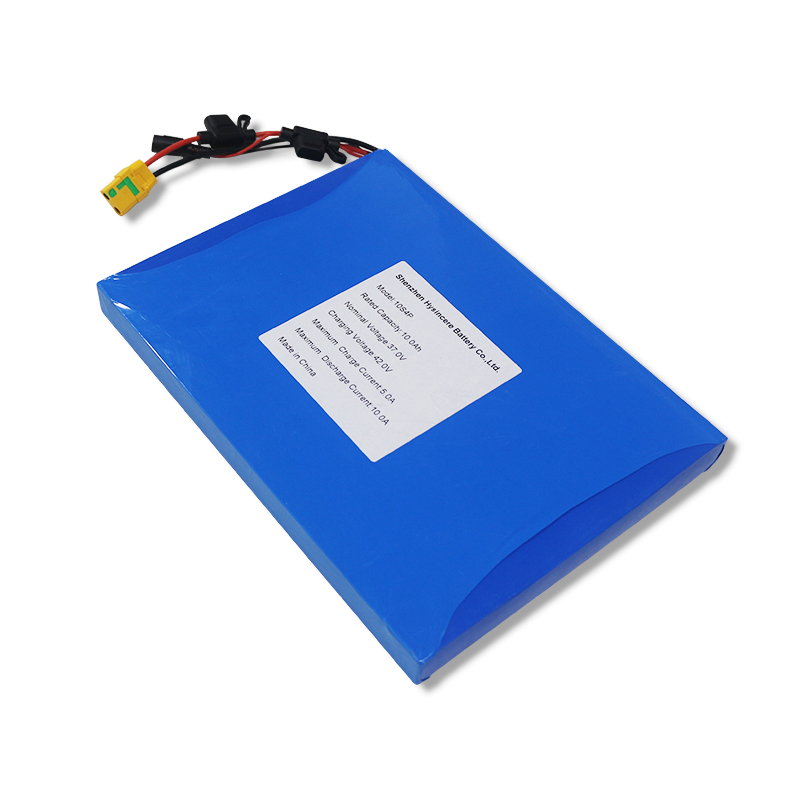
For businesses requiring reliable power solutions, choosing the right 12V lithium battery is essential. Whether it's for industrial applications, mobility solutions, or renewable energy storage, understanding different battery specifications helps optimize performance and efficiency. This guide explores key battery options, including the 12V 50Ah ionic battery, 12V 55Ah lithium battery, 12V 55Ah wheelchair battery, 12V 60Ah LiFePO4 battery, and 12V 65Ah battery.

In commercial and industrial applications, selecting the correct 12V lithium battery ensures efficiency, reliability, and cost-effectiveness. Businesses rely on different battery capacities for backup power, renewable energy storage, and industrial automation. This guide explores key options, including the 12V 15Ah lithium battery, 12V 16Ah battery, 12V 18Ah lithium-ion battery, 12V 25Ah battery, and 12V 32Ah lithium battery, helping companies make informed decisions.